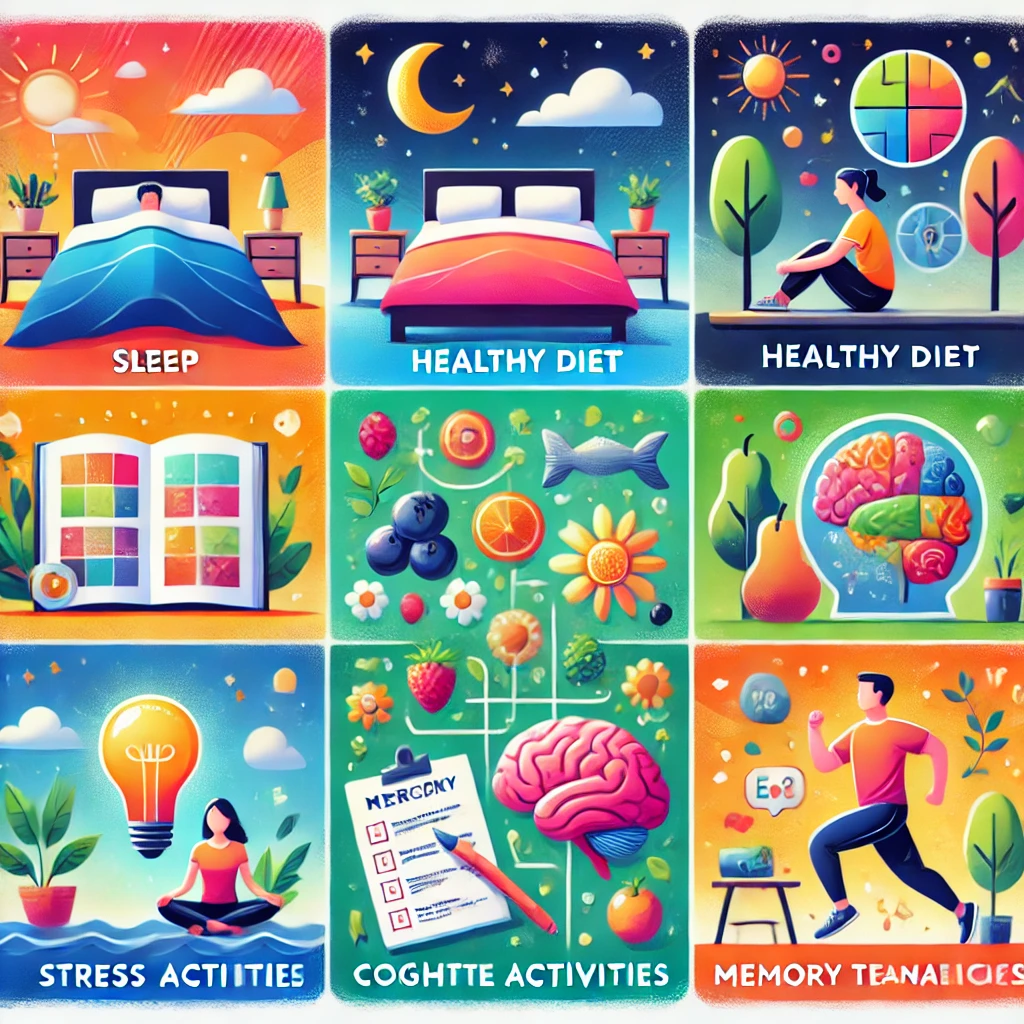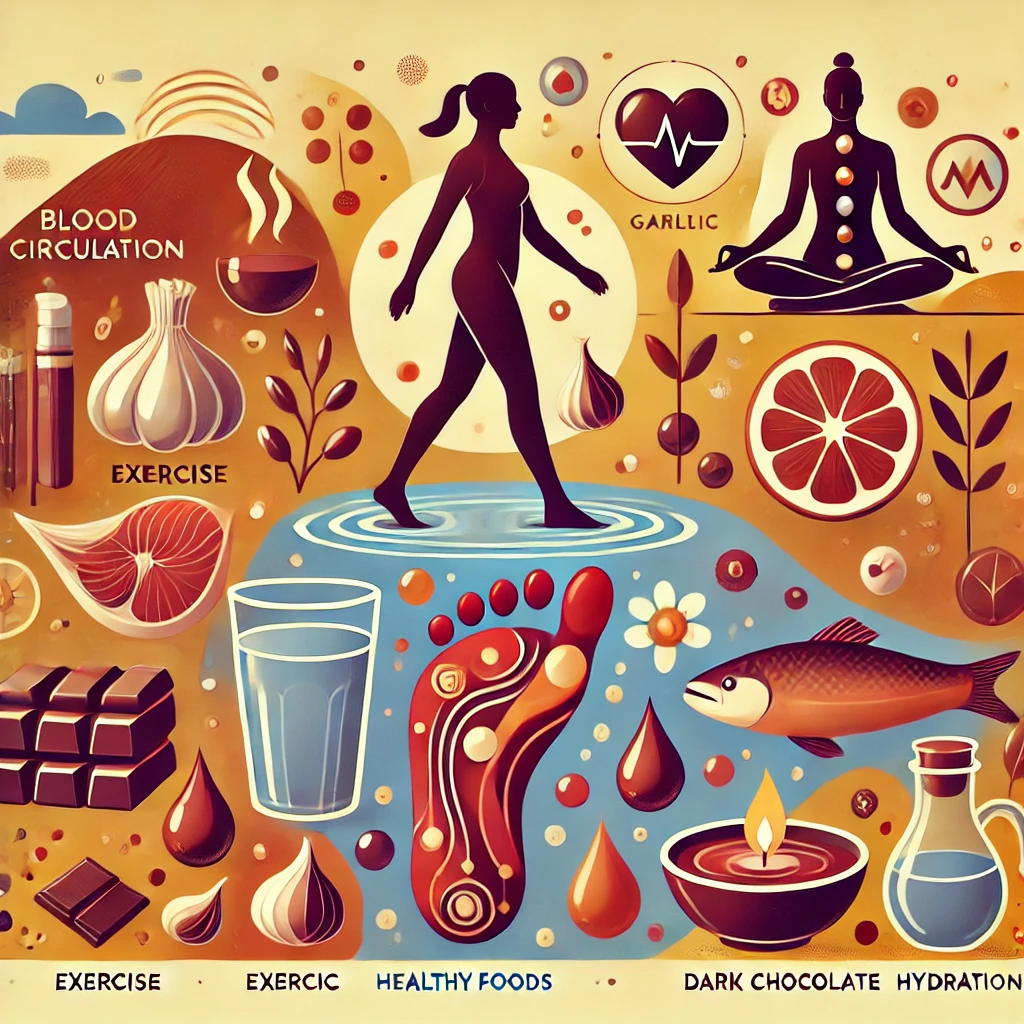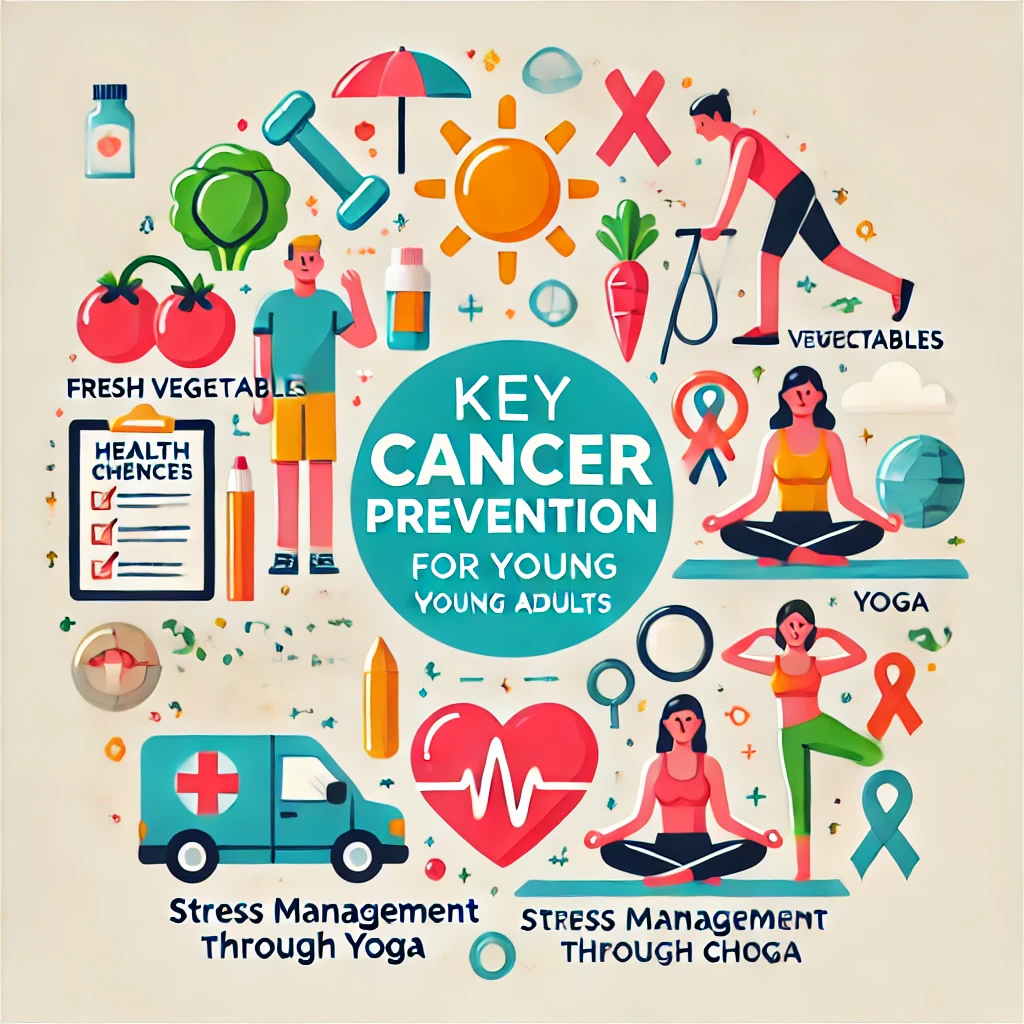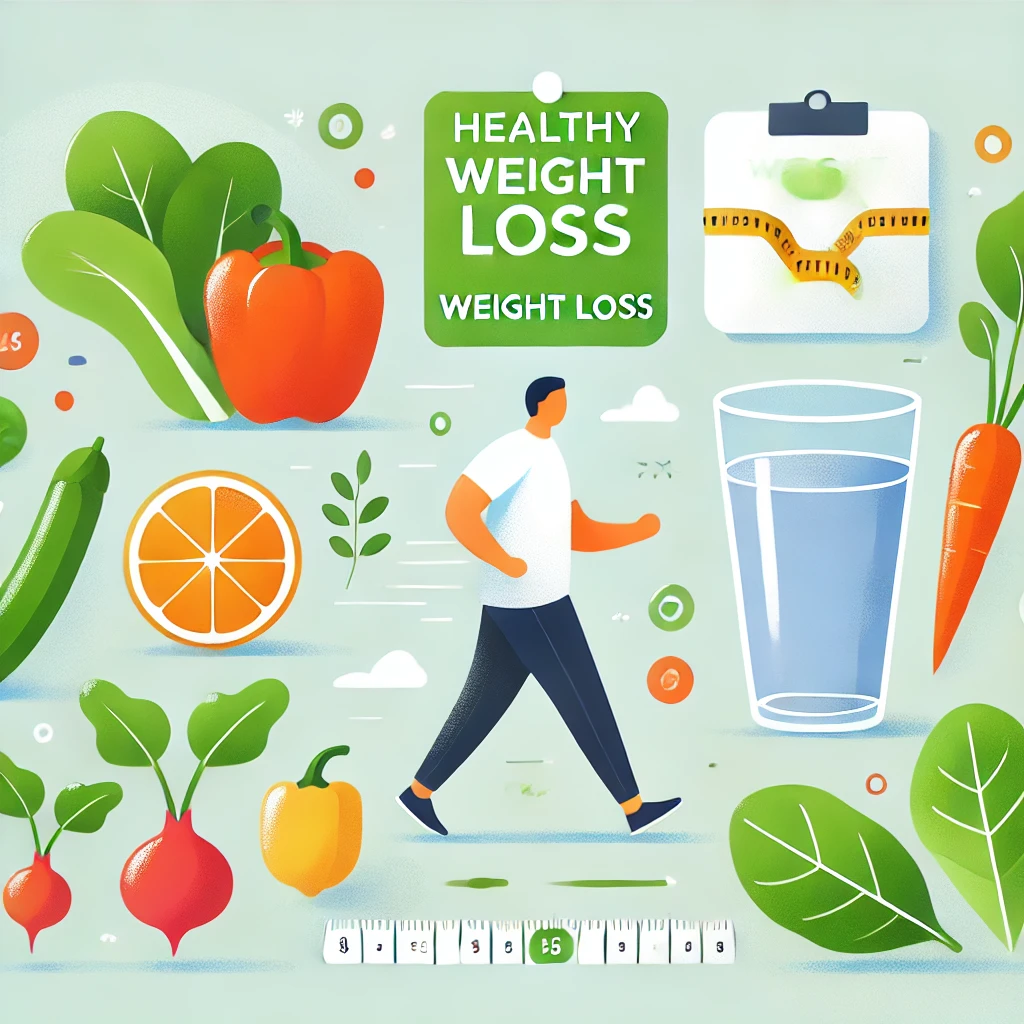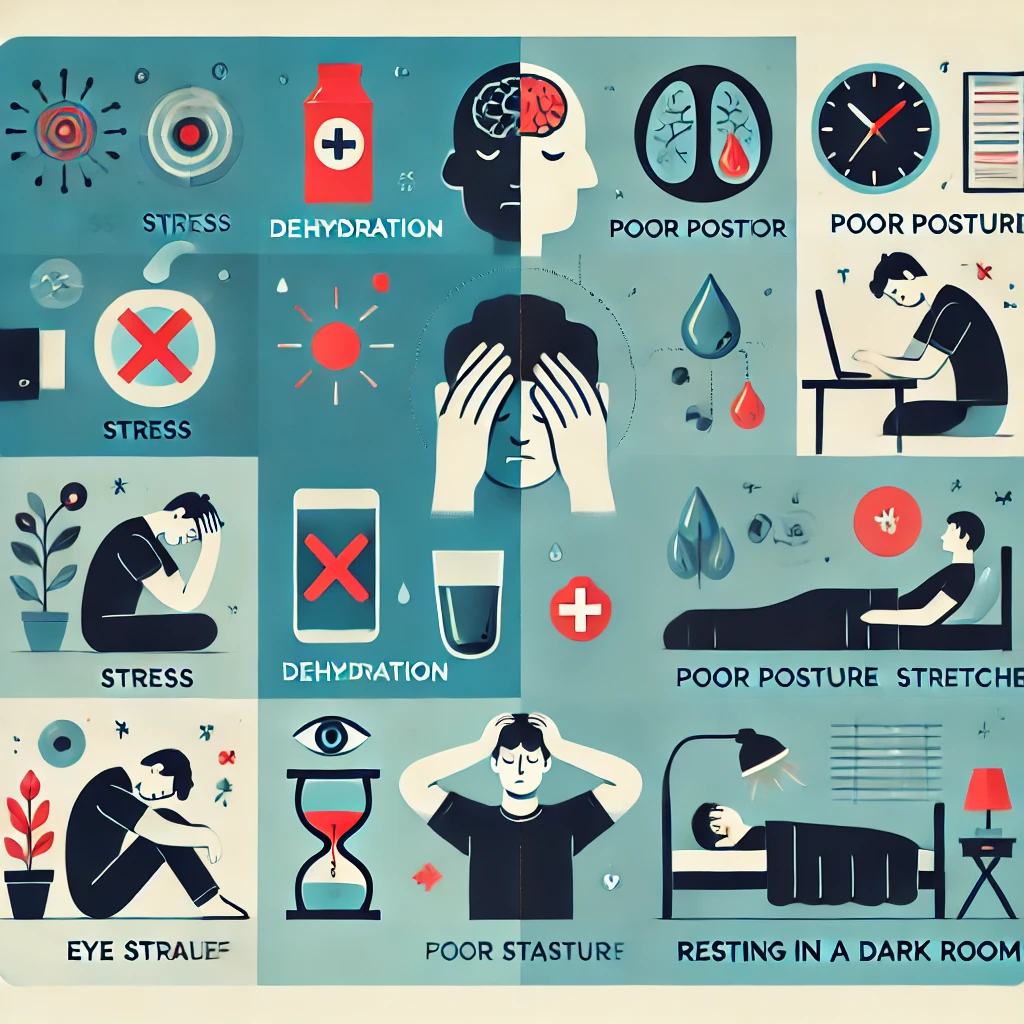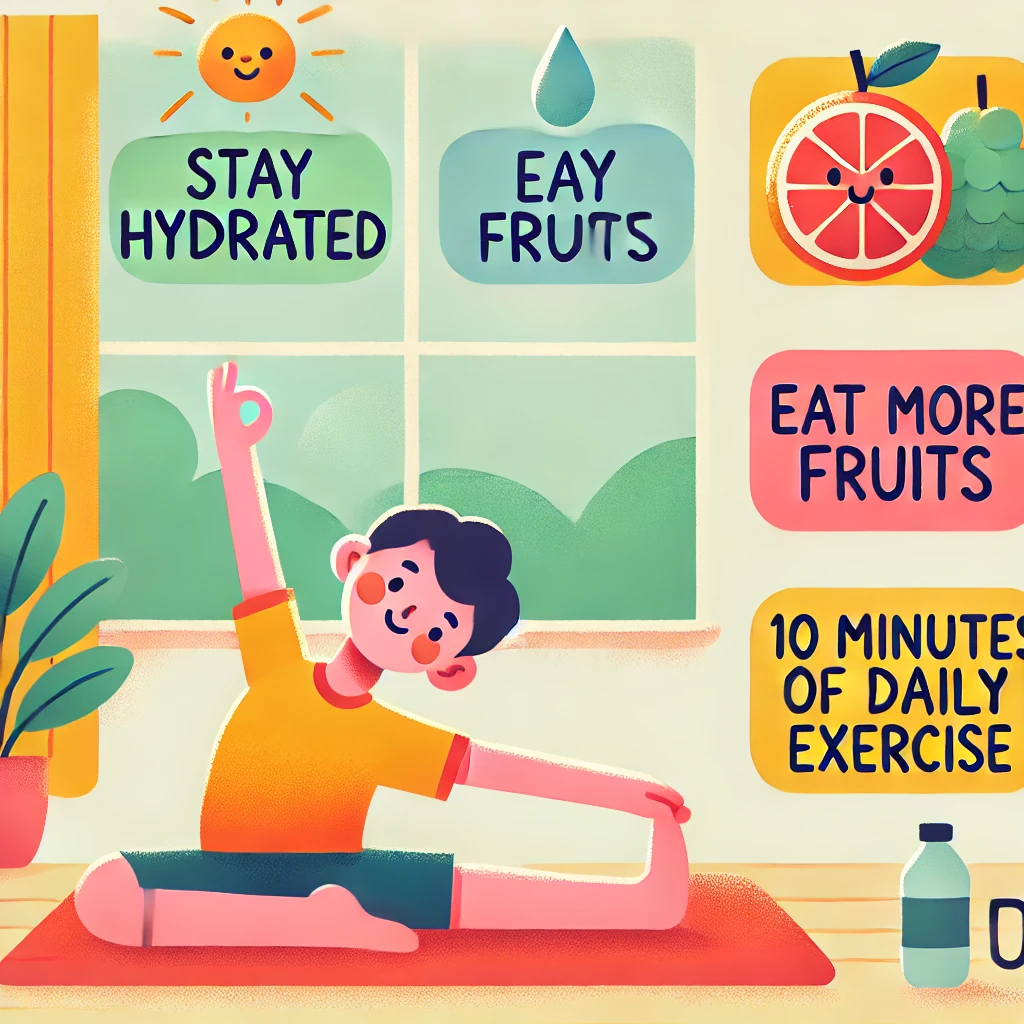How to Improve Your Memory: 6 Practical Tips
Improve Memory, Memory plays a crucial role in learning, work, and daily life. However, modern distractions, stress, and unhealthy habits can negatively affect your memory. Here are six scientifically proven methods to improve your memory… How to Improve Your Memory: 6 Practical Tips
